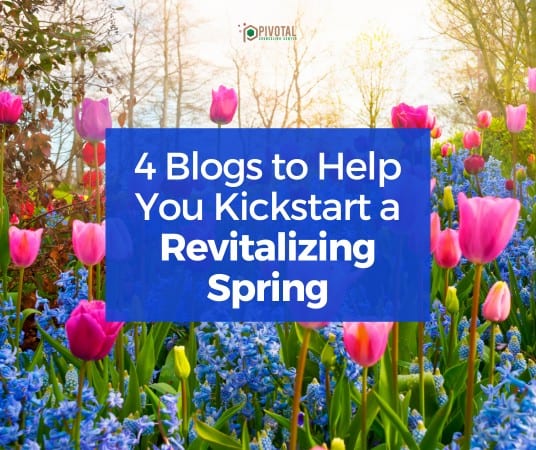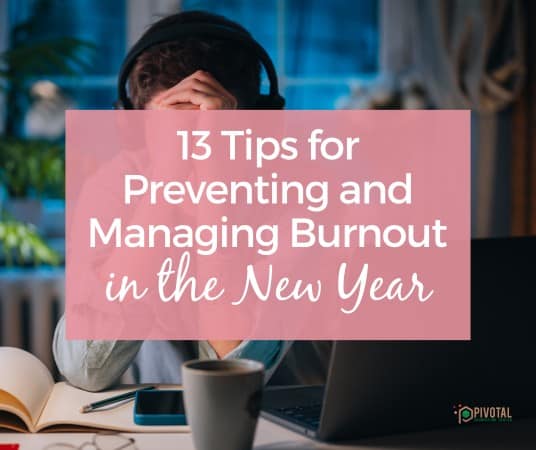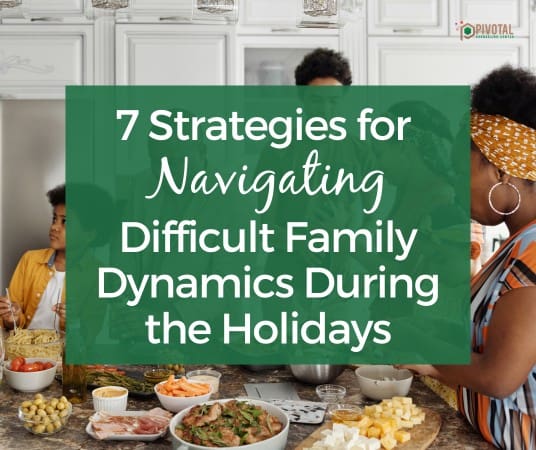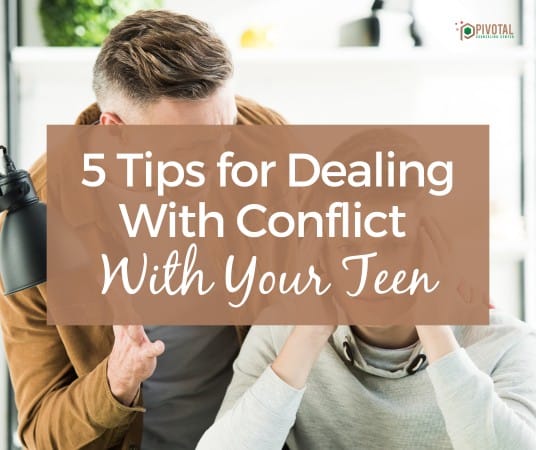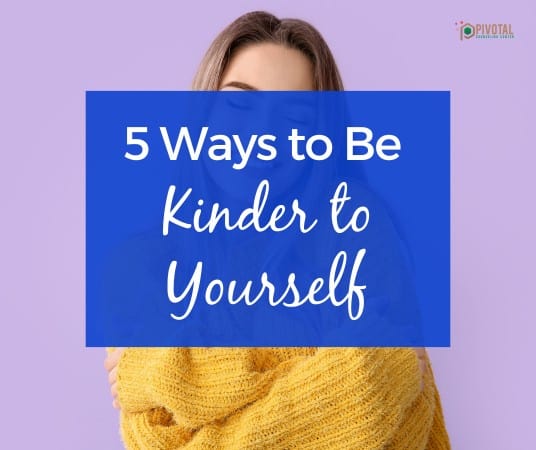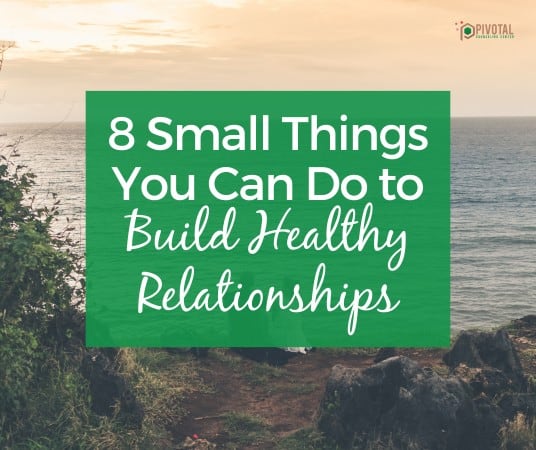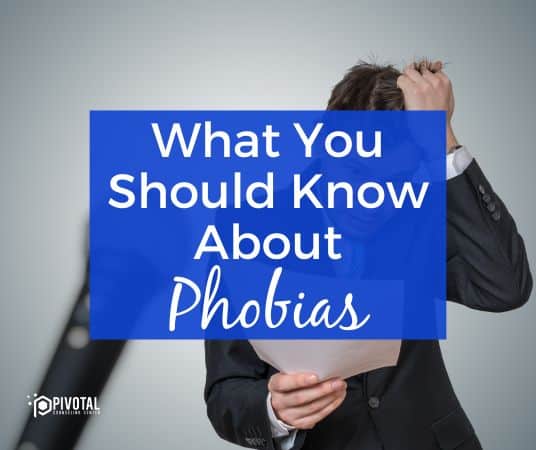
Fear is a common feeling we all experience. Some of us fear animals, like snakes and spiders while others fear situations like flying or speaking in public. Feeling afraid from time to time is normal. Some people, however, experience intense feelings of fear that grow out of control. This feelings are known as phobias.
What is a phobia?
A phobia is an extreme fear of or aversion to specific objects and situations even if they pose little or no real danger. Because those fears and sense of danger appear exaggerated or unrealistic, phobias often get dismissed as irrational fear or not serious. In reality, a phobia is a type of anxiety disorder that can have serious adverse effects on our daily lives.
People with a phobia tend to suffer from overwhelming anxiety and worry about encountering the feared object or situation. In more severe cases, they may take drastic measures to avoid the object or situation completely. Someone with a phobia of bees, for example, may avoid outdoor activities like hiking or gardening. If the person cannot avoid these feared objects or situations, they might experience intense bouts of anxiety, panic, and fear when exposed to it.
What Causes a Phobia?
Although mental health experts cannot distinguish exactly why fears become phobias, there are many factors that contribute to the development of a phobia. Some examples include:
- Past trauma regarding a particular incident: Experiencing a traumatic situation at a young age can have a lasting effect on how you feel about it. For example, if you were stung by a bee at a young age, you might develop a fear of bees.
- Genetics and learned responses: Picking up habits and tendencies from parents or siblings is common, including fears and phobias they might have. People with anxious parents might exhibit anxious behavior later in life.
- Past reactions to fear or panic: A past expression of fear or panic that was met with negative reactions might leave that person feeling embarrassed for expressing that behavior, and lead to more anxiety out of fear of it happening again.
Types of Phobias
There are numerous types of phobias a person could develop throughout their life. Sometimes, people even develop more than one phobia. Despite that, phobias can be categorized into two groups:
- Specific (or simple) Phobias
- Complex Phobias
What are specific phobias?
A specific phobia– or simple phobias– is an intense fear of a specific object, situation, or activity. These phobias often develop during childhood, but may become less severe as you grow older. While there are countless specific phobias a person could develop, a few common examples include:
- Animal Phobias: dogs, spiders, snakes, rats, etc.
- Environmental phobias: heights, open water, thunder, darkness
- Situational phobias: visiting the dentist, flying, driving over bridges
- Bodily Phobias: blood, spit, vomit, medical procedures
- Sexual Phobias: performance anxiety, nudity, getting an STI
Food, fictional characters, and weapons are also examples of specific phobias.
What are complex phobias?
Complex phobias are often associated with deep-rooted fear or anxiety about a particular situation or circumstance. These phobias tend to develop during adulthood and have a more intense and debilitating impact on a person’s life than specific phobias. The two most common forms of complex phobias are agoraphobia and social phobia.
What is Agoraphobia?
Agoraphobia is often thought of as a fear of open spaces, but in reality it is a much more complex condition. Agoraphobia revolves around a fear of being in a place or situation where escape might be difficult or help wouldn’t be available if something went wrong.
People with agoraphobia tend to fear using public transportation, being in big crowds or open spaces, and being alone in public. They also might suffer from panic attacks if they find themselves in one of these stressful situations. These feelings can lead to avoidant behavior, like refusing to leave your home.
What is social phobia?
More commonly known as society anxiety disorder, social phobia is an intense fear or anxiety in social situations. People who suffer from social phobia often fear being judged by everyone around them for something they might say or do in public. Those fears can lead to extreme worry and anxiety about social events before, during and after they have occurred. They might find it difficult to meet new people and start conversations. They may also find public speaking and talking in groups to be a daunting task.
Like agoraphobia and specific phobias, social phobia can have adverse effects on your everyday life. These extreme fears and worries might interfere with your relationships, ability to work, or do everyday tasks, and cause a person to develop feelings of extreme isolation and low self-esteem.
People with a phobia are usually aware of their problem and have been for quite some time. Because of this, however, some people choose to live with their phobia rather than addressing it, taking extreme measures to avoid the source of their anxiety or fear. And while this reaction is common, avoiding the problem only risks making it worse over time.
Phobias often get dismissed as not serious but you must remember they are a type of anxiety disorder, and it’s important to get help if you believe they are negatively impacting your life. Most specific phobias can be successfully treated either on your own or with the help of a professional. Gradual exposure to an object or situation, or self-exposure therapy, can help treat specific phobias. Complex phobias, however, might require more time, effort and therapy to treat.



